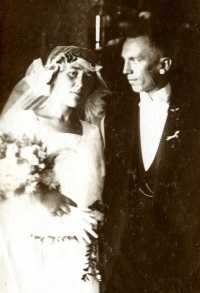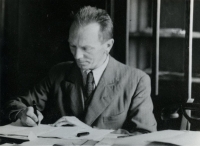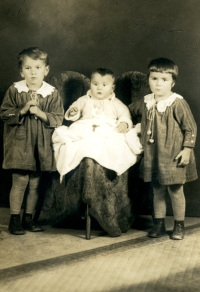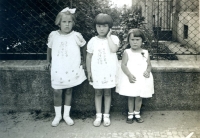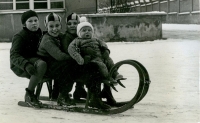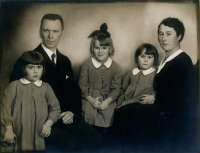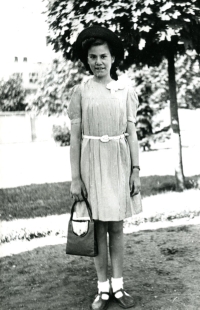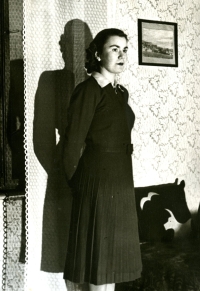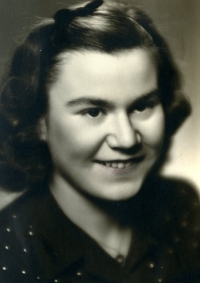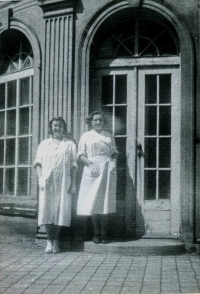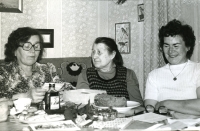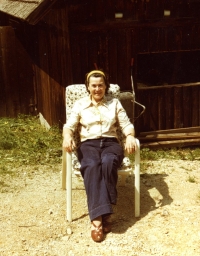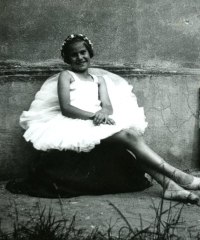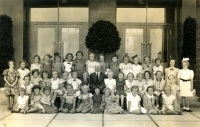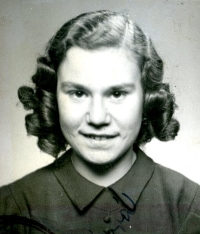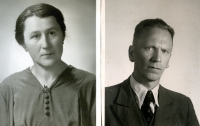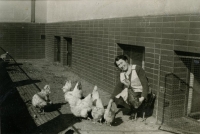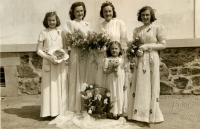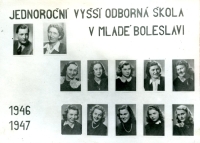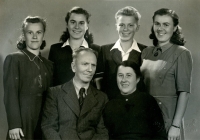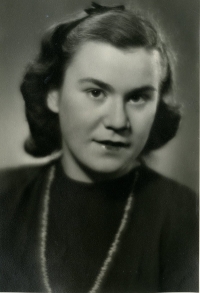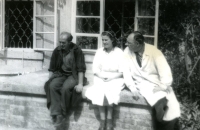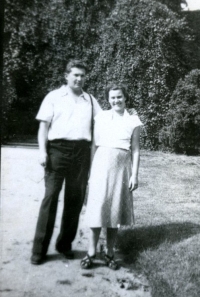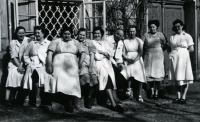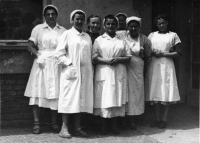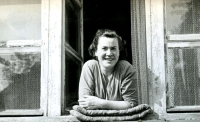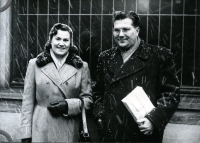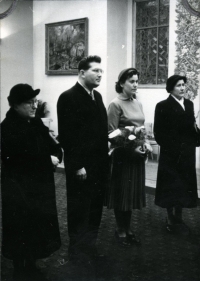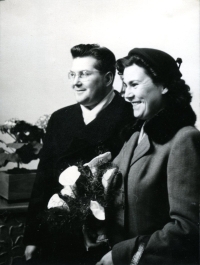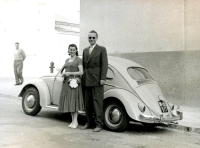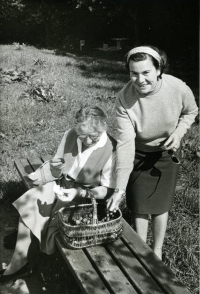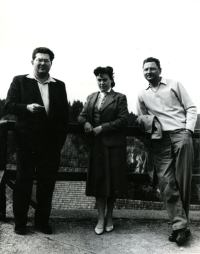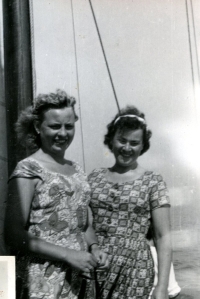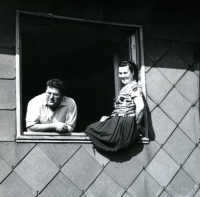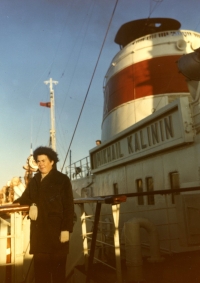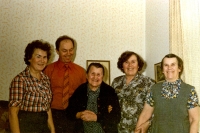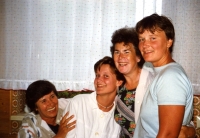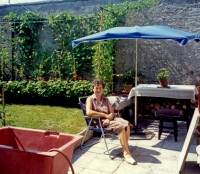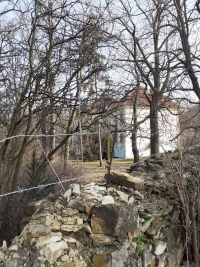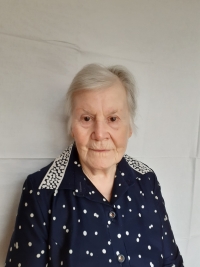We have learned to be silent
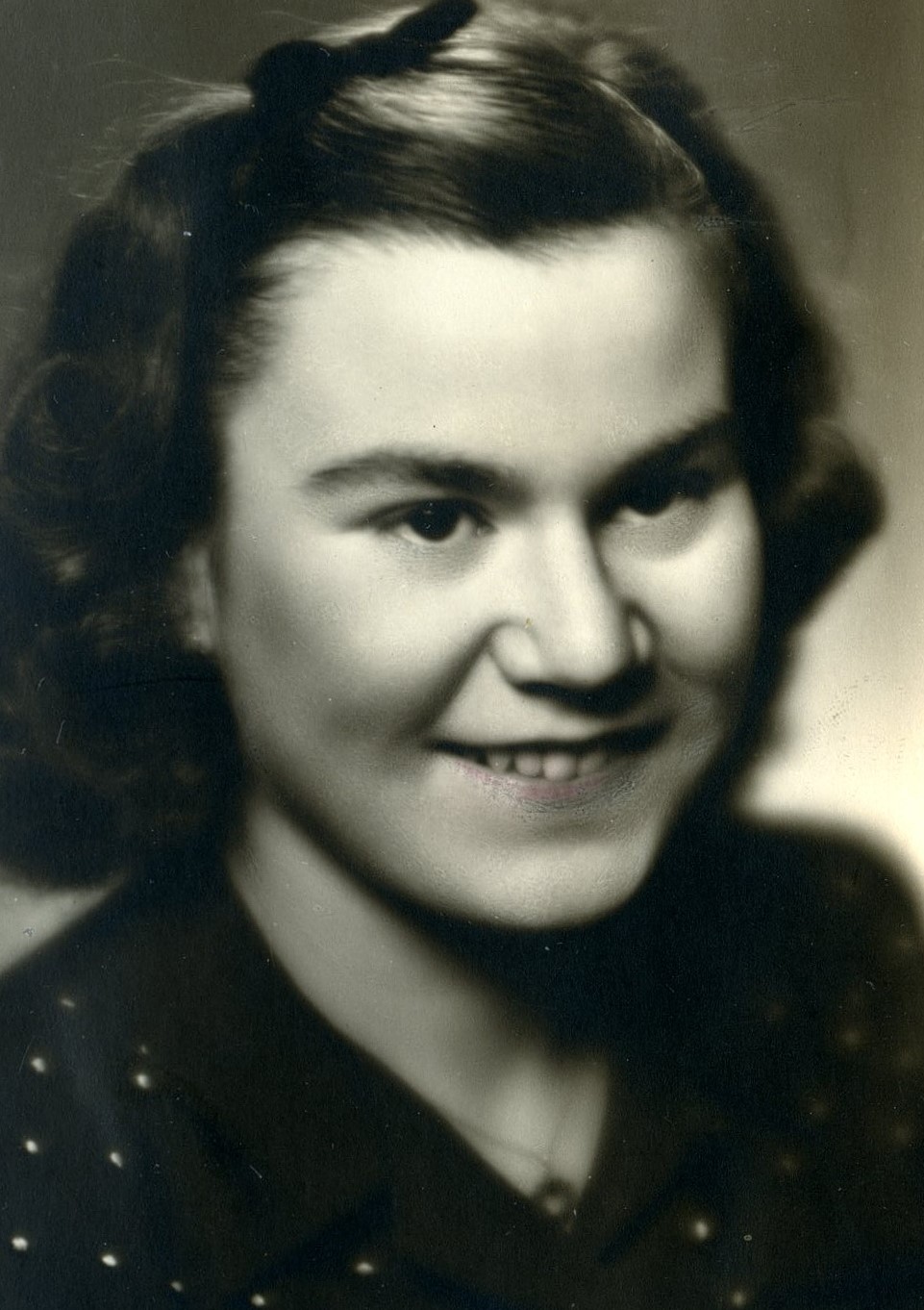
Stáhnout obrázek
Klára Křehlíková was born as Klára Vylítová on 16 March 1928 in Mladá Boleslav. Her mother, Pavla, was born into a Czech family in Vienna, which moved to Chotoviny in southern Bohemia after the First World War. Her mother married František Vylít. They moved to Mladá Boleslav, where they had four children, Klára was the third. During the Protectorate, the universities were closed and Klára, also for health reasons, enrolled in the family school after graduating from the primary school. After the war, she continued at a one-year vocational school and, after arriving in Prague, at a two-year school for dietary nurses. During the war, at the age of 14, she had to join the forced hop voluntary job, experienced total deployment and the bombing of Mladá Boleslav by the Soviet army on 9 May 1945. In 1947-1949 she studied at the Higher School of Practical Dietetics in Prague. In 1950, her father, František Vylít, died of a heart attack, having previously faced pressure to join the Communist Party. After her marriage to MUDr. Aleš Křehlík, she lived in Prague and devoted her entire professional life, 36 years, to working at the Lung Hospital in Veleslavín as a dietary nurse. She experienced this famous hospital at the time when it was still fully functional, today the building is abandoned and dilapidated.
